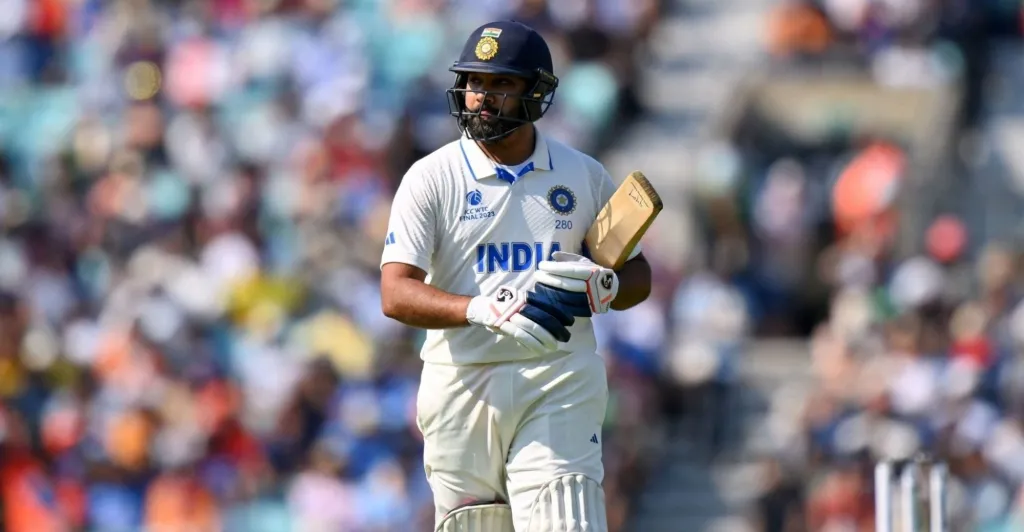In a press conference held at the Adelaide Oval on Sunday evening, Indian cricket captain Rohit Sharma demonstrated a thoughtful and reflective approach in assessing both his performances and those of the team during the ongoing Test series against Australia. This introspection indicated a deeper understanding of the complexities inherent in competitive cricket.
Sharma acknowledged an essential aspect of competing in Australia, particularly regarding the challenges presented by pink-ball Test matches. He noted that despite the expectations associated with playing in such conditions, the Indian team had not performed to the required standards. He attributed the outcome to Australia's superior play, which highlighted the need for his team to critically evaluate its strategies, execution, and overall game plans.
One of the key points raised by Sharma involved the importance of securing a solid batting performance to establish a competitive score. He pointed out that the team had fallen short of achieving their potential, suggesting they lacked approximately 30 to 40 runs in their first innings. This shortfall, combined with missed opportunities during Australia's batting stint, ultimately contributed to their defeat.
Additionally, Rohit commented on an incident that occurred between Mohammed Siraj and Australian batter Travis Head. He explained that while he was present at slip during the exchange, he could not ascertain the specific details of the confrontation. However, he stated that such exchanges are part of competitive sports, particularly when two teams are vying for dominance. He acknowledged the quality of Head's batting performance while emphasizing that, as a captain, it is his role to maintain a broader perspective on the match and ensure that his team remains disciplined and focused.
As Rohit looked to the future, he expressed confidence in the capabilities of his players. He highlighted the wealth of experience in the dressing room, emphasizing that many team members have successfully navigated difficult situations in the past. This resilience, he suggested, is crucial for overcoming the challenges they currently face and is essential for the team to rise to expectations.
Furthermore, Sharma stressed the importance of collective responsibility within the bowling unit. While Jasprit Bumrah's contributions are significant, he emphasized that the entire bowling attack must step up and share the responsibility for achieving success. This call to action is aimed at fostering a sense of unity and accountability, encouraging the other bowlers to make meaningful contributions to the team's overall performance.
In summary, Rohit Sharma's reflections point to a critical learning opportunity for the Indian cricket team. The combination of introspection and a focus on collective capabilities may serve as a foundation for future success. With an emphasis on improving batting performance, addressing the competitive spirit, and fostering a strong bowling unit, the Indian team is poised to face upcoming challenges with renewed vigor.

